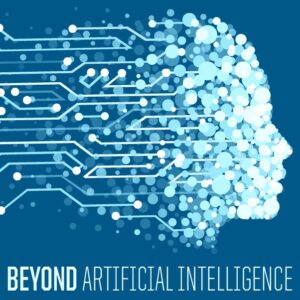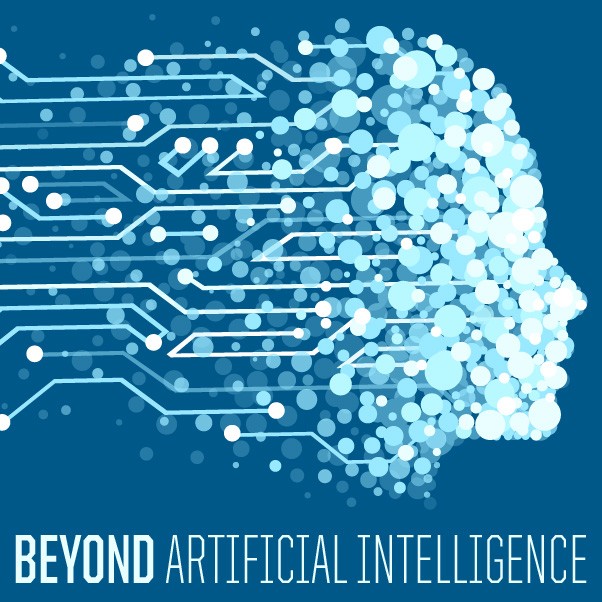Reviewer
Dr. Brady Brewer, Assistant Professor
Article
Beyond Artificial Intelligence: Why Companies Need to go the Extra Step by Ulrich Lichtenthaler
Journal
Journal of Business Strategy, 2020. Vol. 41, pages 19-26
Summary
Many companies are directing resources to data and analytics of all sorts. There has been much hype about smart platforms, products and connectivity that will advance value chains across the globe. However, despite the resources pouring into this area, a lot of companies, and entire value chains, have struggled to achieve any sort of transformation and value from these efforts. This article explores to what degree data analytics (artificial intelligence) could affect this transformation and what companies should do to drive value. The authors focus solely on “artificial intelligence”; however, for the purpose of this review, I am broadening the scope to all data analytics.
The ways data analytics can transform a business can be diverse. Data on internal machinery and production processes can be analyzed to become more efficient and cut costs, while data on market conditions and sales transactions can help drive the customer journey and analyze touchpoints to drive demand. Company executives and operational managers face a hefty challenge in capturing the value of the enormous volume of data that is generated.
The authors provide some explanation as to why businesses struggle to capture value from data analytics. First, they explain that companies struggle with the implementation of these digital programs and fail to integrate them into the larger goal of the business. They do this by pursuing a variety of isolated projects that lack a systematic strategy. This approach means that these efforts become fragmented and fail to complement one another and the existing processes of the company.
Another important point the authors make is that human intelligence plays a key role in unlocking the value of data and data analytics. Humans are crucial to understanding and driving the value that is to be unlocked from the digitization programs a company invests in. Though, with that said, a point the authors make is that in the future, human intelligence alone will not solely be enough, and that artificial intelligence (AI) will be needed as well. The authors stress that in the future, firms need to upgrade human intelligence and data analytics (or AI) at the same time in order to be effective.
The following framework is used for classifying the undertaking of new technologies. Incremental transformation is the adaptation of small steps without major realignment of platforms or abilities. Modular transformation is the reconfiguration of intelligence type without the changing of the output. Architectural transformation is the realignment of intelligence type, and radical transformation is the changing of both the intelligence type and architecture of the information it produces.
What this means for Food and Agricultural Business
The agricultural value chain is seeing the evolution of data and data analytics play out every day. Blockchain, artificial intelligence and advanced analytics, customer data, and new logistical methods, just to name a few, are changing how agricultural companies do business, as well as the broader marketplace. Indeed, many companies are struggling to keep up with all that has happened. In our recent Data on Data survey the Center for Food and Agricultural Business conducted in 2019, 92% of respondents indicated their company collects data. However, when asked to grade their company on the use of this data, most respondents graded their company a “B” or worse, then indicated they were behind their competitors in data analytics. This speaks to the rapid increase in how data analytics drives value for companies in agriculture. It’s an arms race, and companies better keep up or they will be left behind. To further this, the arms race has only just began, and the gains of investing in these processes may be substantial.
The main takeaway I have from this article for the food and agribusiness value chain is that there is no one particular platform that will revolutionize your business. It is a portfolio approach that will work best. Be mindful of how your initiatives are integrated and don’t ignore the human intelligence factor — invest in your employees. Hiring employees that may not be familiar with your industry or business but are familiar with data analytics is one strategy to see value from these opportunities. This increases the likelihood of a successful initiative and brings information and experience into your company that knows how to fully integrate a data process into the everyday workings of your business.




